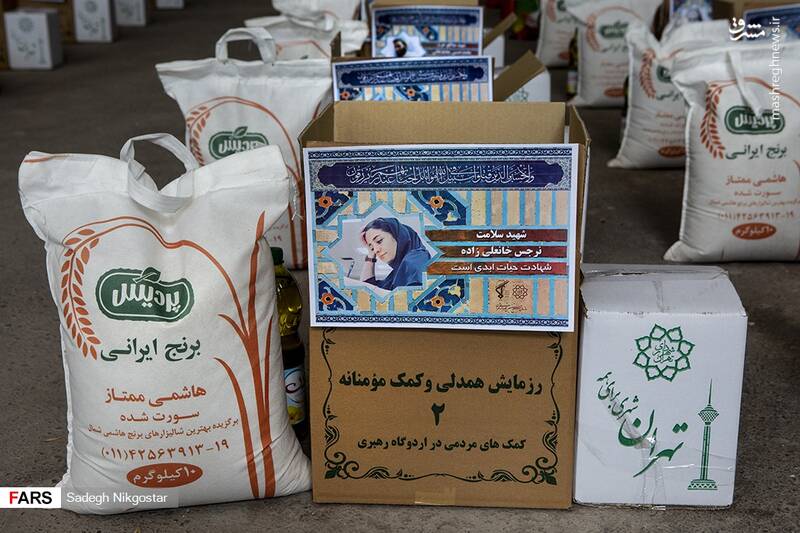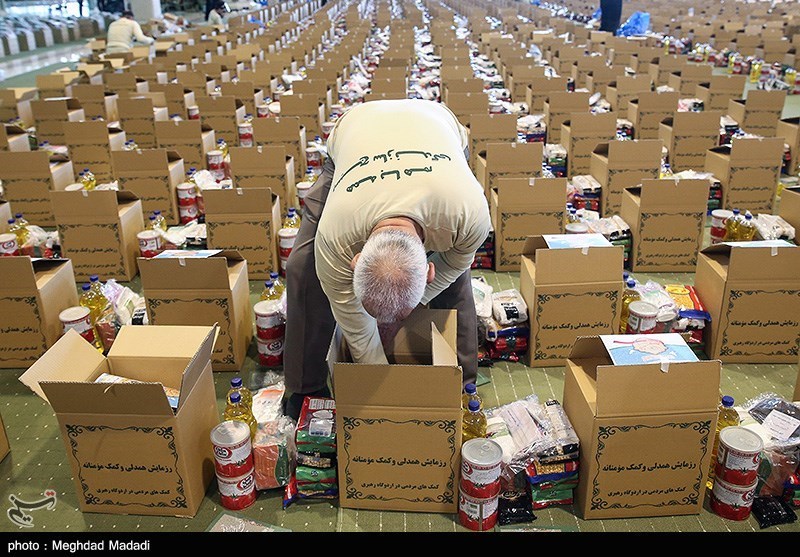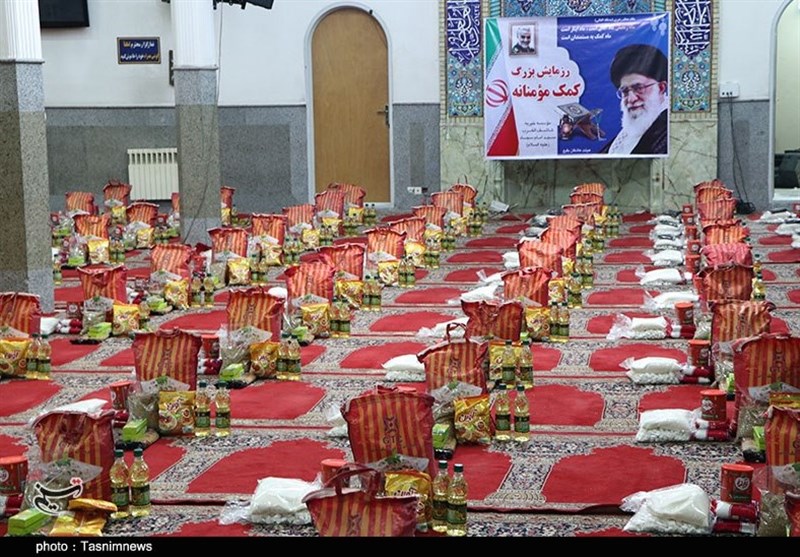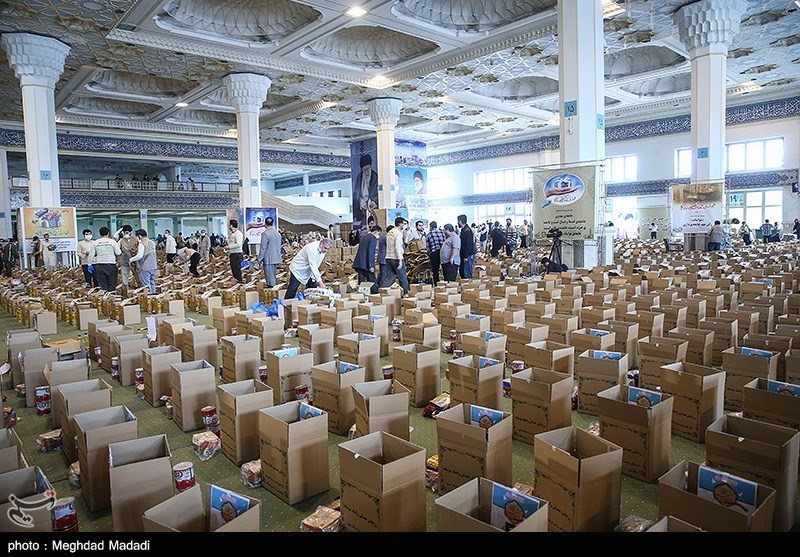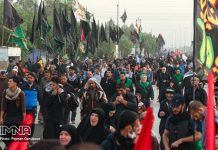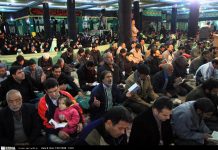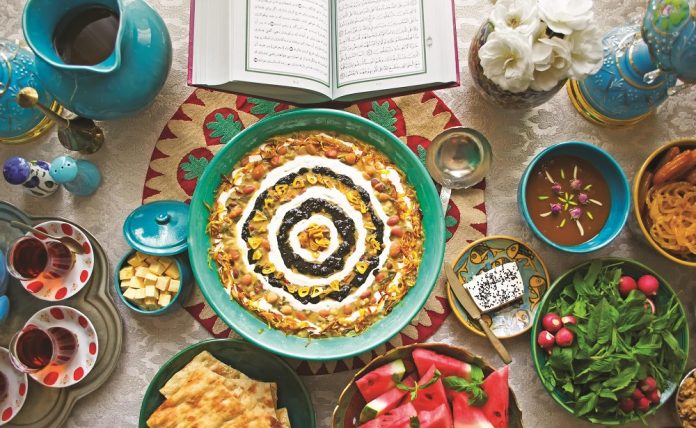
This post is also available in:

And now, it’s the month of Ramadan –pronounced Ramazan in Persian. Likewise all other Muslim countries, Iran is also experiencing considerable change during this month. This month is known ‘the God’s feast’. He hosts this feast by spreading his blessings and forgiveness more than ever and everyone is his guests (This metaphor has come from a famous hadith from Prophet Mohammad). People pray, read the Quran, and fast this month. This year, however, praying is mostly done individually and at home due to the COVID-19 pandemic
How is fasting?
Although not every Iranian individual fast or believe in it, according to the Quran, any adult Muslim is supposed to fast every day during Ramadan if they aren’t traveling and don’t have any special excuse and limitations in their body such as sickness or medical probability to become sick because of fasting. Even if one does not fast for any reason, he/she must not eat and drink in public. It’s also a rule of law in Iran and one may even be prosecuted for that, however, not enacted strictly these days especially in terminals and airports in which there are bunches of travelers. But keep in mind that during these days, no food is served inside the restaurants and cafes and you can only buy and bring out or ask for delivery at home.
Fasting starts from Fajr (for Iran, it happens at the start of ‘astronomical twilight’ before daylight) to Maqrib (for Iran, it happens at the start of ‘nautical twilight’ before night). During this period of the day, one should not eat, drink, and smoke or have sex. Ramadan in some years, like other months in the lunar calendar, is in short winter days and some years in long days of summer. It also differs throughout the globe. For example, now that we fast 15 hours in Iran, they have to fast for 19 hours in Europe according to some calculations –as days are longer there in this season and we don’t have a real night! On the other hand, when Ramadan is in winter, fasting is quite easy.
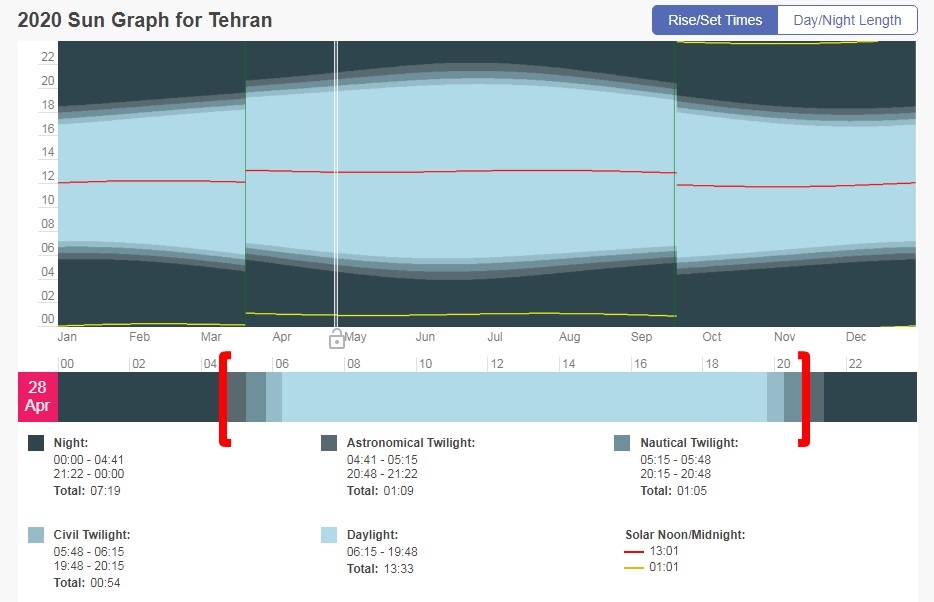
I know this sounds so hard not eating a whole day if you have never had such experience. However, it’s absolutely possible as the body adapts itself during Ramadan. My own experience is that after a few days, it becomes so enjoyable and relaxing and gives me more self-confidence and a sense of health and power. It moves on so that at the end of Ramadan, it’s hard to change my lifestyle to the previous state! This is not only a matter of body but it’s spiritually pleasant. Of course, it’s a little suffering every day at about noon –when there’s maximum hunger- but you feel a sense of achievement after Maqrib that worth it!
Ramadan rituals in Iran
According to what just said, daily meals change during Ramadan from the routine ‘breakfast, lunch, and dinner’ to ‘Sahari -Sohur- and Iftari’. People get up after midnight and before Fajr to eat Sahari. And after Maqrib, they eat Iftari. Even children participate in this feast sometimes getting up in midnight for Sahari, sometimes fasting, and so forth. They sometimes play a special type of game they call it ‘Kalleh Gonjeshki’ fasting! That literally means ‘sparrow’s head’! in which they try to avoid eating and drinking until noon, have their lunch, and continue fasting to the evening! Half-time fasting.
It’s highly recommended in Islamic texts that you give food to others for Iftari during Ramadan. Therefore, many hold feasts for Iftari and invite their friends and families. That’s what we really miss this year because of Corona! I remember some years in Ramadan; we were invited for Iftari in most evenings. One day in our parents’ house, one day a family relative, another day in a friend’s house, one day in a colleague’s house, and so on for more than 15 nights during the month!
Also, listen to this nostalgic song, again by Shajarian singing a poem of Masnavi: https://www.youtube.com/watch?v=hxK7YNixgYc
Iftar is usually like this: it starts with a warm drink like tea, warm water, or milk together with special kinds of sweat like dates, Sholeh Zard, and Zoolbia. Then some light food such as bread and cheese. And after a while, the main dish is usually cooked food.
It’s also usual to feed Iftar or donate the poor people during Ramadan. In recent years, many of the mosques started a campaign called ‘Simple Iftari’ to feed everyone out in the streets or inside the mosque at Maqrib with simple food. Many NGOs are now active in charity to the poor during Ramadan. That’s especially the case this year, as many people suffer economic pressure because of the pandemic. This resulted in another national campaign called “Razmayesh-e Hamdeli” which literally means ‘Sympathy Exercise’.
(This ceremony isn’t held this year because of COVID-19)
The month of the Quran and pray
Also, reading the Quran and praying are much recommended in this month. Some people divide the whole Quran into 30 parts and try to read each part every day to finish the whole in this month. There are many texts for pray available from the Prophet and Imams specialized for Ramadan. These are published in a book called Mafatih.
Many prefer to do these prays in crowd together with the others. This year, however, everything in changed. Many of these ceremonies are held by Instagram Live!
Among all nights of Ramadan, there are three nights which are more respected –the 19th, 21st, and 23rd. They are called Qadr nights. It’s said that the Quran is revealed to Prophet Mohammad at one of these and this is the night in which the letter of behaviors for everyone in the coming year is written by the Angels. Many remain waken-up the whole night and pray during these nights either at home or in the mosques.
Read Al-Qadr in Quran with English translation: https://qurano.com/en/97-al-qadr/



